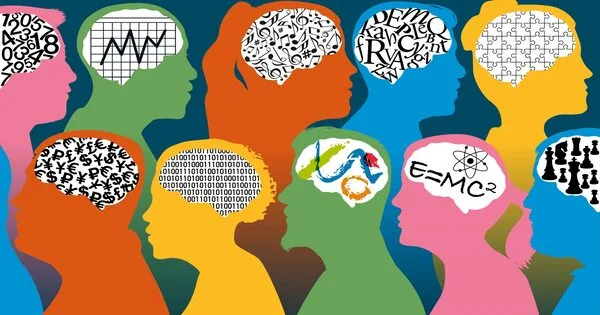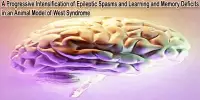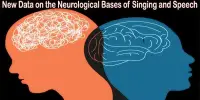Neurodiversity refers to the recognition and celebration of natural variations in human neurology. It is a proposed framework that contends that there is inherent diversity in human brain function and cognition and that certain things currently classified as neurodevelopmental disorders are differences and disabilities but not necessarily pathological. It implies that neurological differences such as autism, ADHD, dyslexia, and other conditions are simply natural variations in human cognition and should be accepted and respected as such.
Judy Singer, a sociologist from Australia, coined the term “neurodiversity” in the late 1990s. It arose as a social and civil rights movement seeking to challenge the medical model that pathologizes neurodevelopmental differences as disorders or disabilities. Instead, it promotes the notion that these differences, like ethnicity, gender, or sexual orientation, should be viewed as a form of human diversity.
The framework arose from the autism rights movement and is based on the social model of disability, which contends that disability is caused in part by societal barriers rather than being caused solely by inherent deficits. It instead places human cognitive variation in the context of biodiversity and minority group politics. According to some neurodiversity advocates and researchers, the neurodiversity paradigm is a happy medium between a strong medical model and a strong social model.
The neurodiversity movement contends that neurological differences have inherent value and contribute to the richness of human society. It emphasizes the importance of acceptance, inclusion, and accommodation for people with different neurotypes. It encourages society to move away from attempts to “normalise” neurodivergent individuals and instead focus on creating environments that support their unique strengths and challenges.
The neurodiversity paradigm has sparked debate among disability advocates, with critics claiming it risks downplaying the suffering associated with some disabilities and calls for the acceptance of things that some would prefer to be treated.
Neurodiversity advocates advocate for equal opportunities, access to education, employment, and healthcare, as well as the abolition of stigma and discrimination. They emphasize the benefits of neurodivergent conditions, such as improved pattern recognition, attention to detail, creativity, and unique perspectives. The movement also believes that neurodivergent people should have a say in decisions that affect their lives and communities.
















